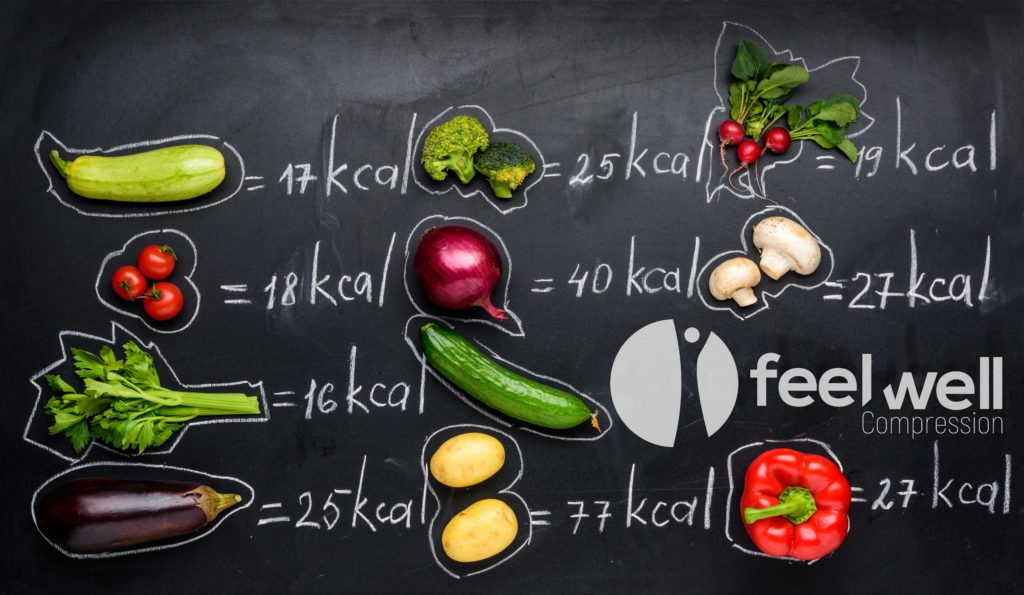While trying to lose weight there is a particular question each person should ask themselves but many do not realize it needs to be asked. How many calories do I actually need? Now you may be thinking, of course I consider how many calories I need! Isn’t that the basis of dieting? The answer to that is yes and course I consider how many calories I need! Isn’t that the basis of dieting? The answer to that is yes and no. Each person has a unique set of calories they need to perform their daily functions from breathing to walking. This is known as metabolism. Yes, the word we hear all our lives but don’t believe ours will ever slow down as our elders tell us it will.
Everyone has a specific metabolism, amount of calories their body burns in a day, and this metabolism can change over time. It can both speed up and slow down. Ironically chronic dieting can cause our metabolism to slow down. This is because many diets ask the dieter to substantially restrict their calories to a level far below their recommended intake. When this happens the body goes into survival mode where instead of burning the calories it is given it begins to store them more efficiently just in case in the future the dieter continues to give it less. And how do these calories get stored; as fat. So the dieter has trained the body to need fewer calories than normal so that it can store the extra. For instance if a person’s metabolism needed them to take in 2000 calories a day to function but they reduced their calorie intake to 1000 calories the body adjusts to only needing 1000 calories and stores any extra. So when the diet inevitably fails, because eating a minimal amount of calories is not sustainable, the person starts eating 2000 calories or more a day and that extra 1000 calories is stored as fat.
This is known as the dieting cycle and it runs rampant on metabolism. So the best approach to losing weight is not necessarily reducing your calories, but knowing what your metabolism is and making healthy food choices with that number in mind. So how can a person know their unique metabolism? There are in depth tests that can be conducted at weight loss clinics and some gyms. In fact, most professional sports teams and even some college teams keep these machines in their gyms so that their r athletes can have all the tools to stay in the best possible shape. These machines work by reading the amount of oxygen a person breathes in versus the amount of carbon dioxide they breathe out. This is known as their CO2 Max. This information can tell the test conductor or machine a lot of information. Such information as whether they burn carbs, fat, or protein more efficiently, their metabolism, and their respiration rate. As you can imagine this is great information for an athlete to have access to.
However, for the general public to access these machines it can be quite expensive, so for the everyday person there are formulas that can be used. Now the public should not feel cheated by having to use a formula instead of a machine. These formulas have been used for many years and are relied upon in clinical settings for estimating energy (calorie) needs for patients and are utilized in gyms or weight loss facilities without access to these machines. So, what is your specific metabolism and calorie needs? Follow these formulas to determine how many calories you should be taking in each day.
Mifflin St. Jeor:
For Men : 10 x weight (kg) + 6.25 x height (cm) – 5 x Age + 5
For Women : 10 x weight (kg) + 6.25 x height (cm) – 5 x Age – 161
This equation will give you your “Resting Energy Expenditure” (REE) which refers to the amount of calories you burn just by sitting all day and breathing. To know your “Total Energy Expenditure” you will then take this number and multiply it by what is known as an “Activity Factor.” This number tells you based on your REE and lifestyle (activity) what your specific calorie needs are.
Activity Factors:
Sedentary = 1.2
Lightly active = 1.375
Moderately active = 1.550
Very active = 1.725
Extra active = 1.9
Knowing how many calories you need will help you to lose weight by both preventing overeating and unnecessary extreme calorie reduction. Unless specified by a healthcare provider it is not necessary to substantially reduce your calories to lose weight. Through proper nutrition, exercise, and understanding your metabolism any healthy adult should be able to achieve the weight loss they desire.
Trista K. Best MPH, RD, LDN


